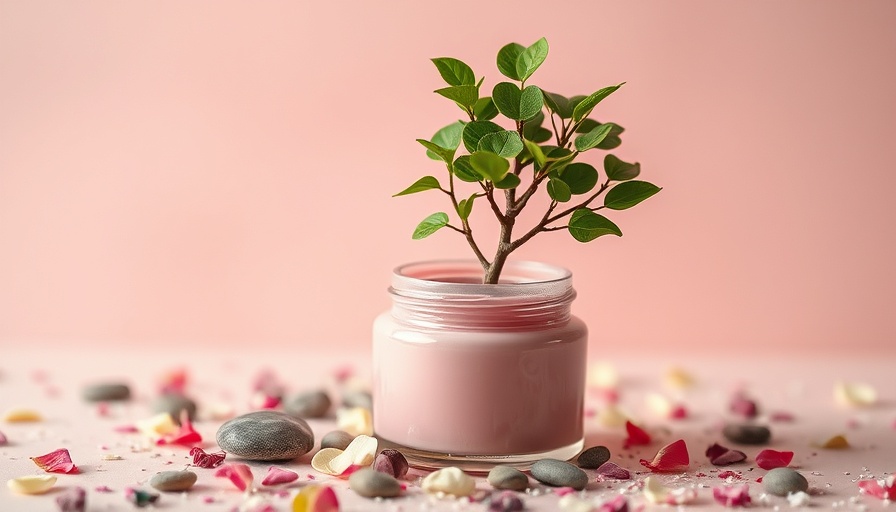
Embracing Sustainability Despite Economic Challenges
In today’s challenging economic climate, the beauty industry faces a significant test of its commitment to sustainability, particularly with the pressures from tariffs. As Maggie Spicer, founder of Source Beauty, shares, many beauty brands are feeling overwhelmed as they navigate these hurdles. However, she argues that maintaining a strong commitment to eco-friendliness in the face of heightened costs can ultimately pave the way for long-term success.
Why Pivoting Away from Sustainability Could Backfire
According to Spicer, abandoning sustainability efforts for short-term gains could alienate loyal customers. “When you lose consumer trust after making sustainability commitments, it’s hard to get that trust back,” she explains. For those consumers who prioritize green initiatives, expectations remain high, and they are unlikely to cut brands slack during tough market conditions. Thus, brands must tread carefully; their long-term success hinges on their ability to retain consumer trust while adapting to these new challenges.
Finding Smart Solutions Instead of Cutting Corners
Maggie highlights the importance of innovating rather than reverting to unsustainable practices. Instead of succumbing to the temptation to choose cheaper packaging, brands are encouraged to evaluate their entire supply chain for cost-effective yet eco-friendly solutions. Improving transportation practices can also yield significant savings and reduce environmental impact. For example, she recounts a client who discovered that shifting shipments from air freight to maritime not only cut costs by half but also lessened carbon emissions.
Strategic Tactics for Sustainable Operations
To navigate the current landscape, Spicer recommends examining all aspects of the business operations. This means going beyond just the immediate costs of packaging and instead considering how sustainability integrates into the broader operational strategy. Brands that approach sustainability holistically, treating it as more than a marketing tool, stand to reap substantial benefits in resilience and consumer loyalty.
Future Outlook: Stronger Together
The challenges presented by tariffs could, ironically, strengthen sustainably-oriented brands in the long run. Businesses that endure through this period not only bolster their operational strategies but also emerge with a stronger ethos that resonates with eco-focused consumers. The key takeaway for beauty brands is clear: embrace these tough times as opportunities to refine their approach and deepen their commitment to sustainability.
In conclusion, while the economic environment poses challenges, the commitment to sustainable practices can provide beauty brands with a significant edge. If brands remain steadfast in their eco-friendly missions, they are likely to foster a loyal customer base that values their authentic commitment to the planet. Now is the time for conscious consumers to support brands that align with their values.
 Add Row
Add Row  Add
Add 




Write A Comment